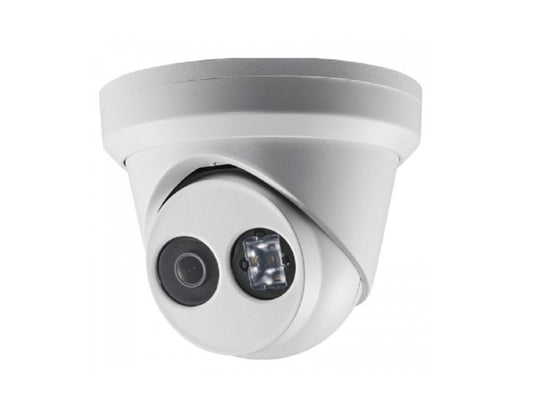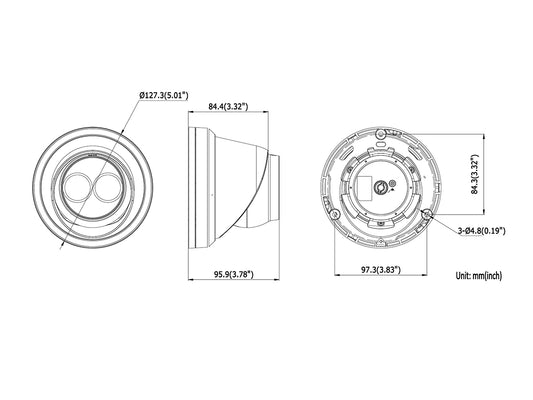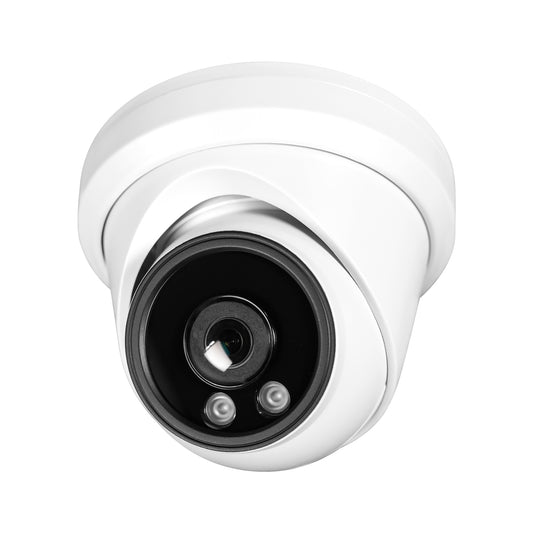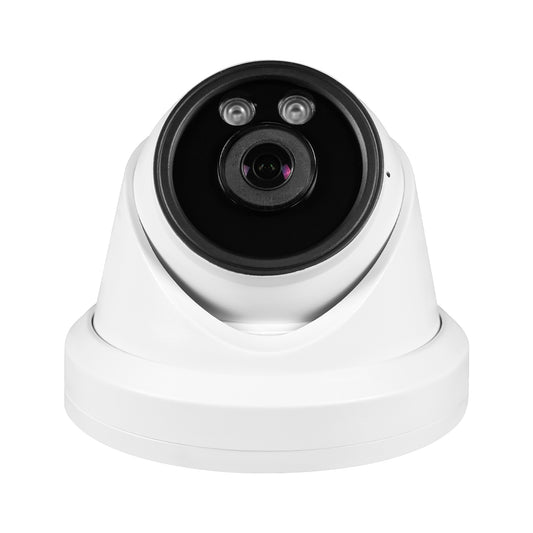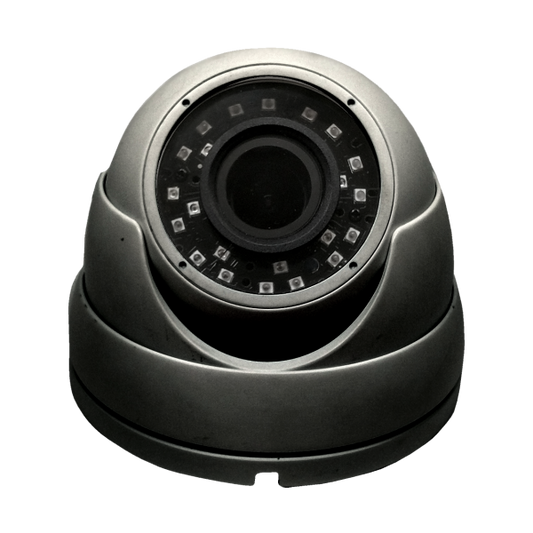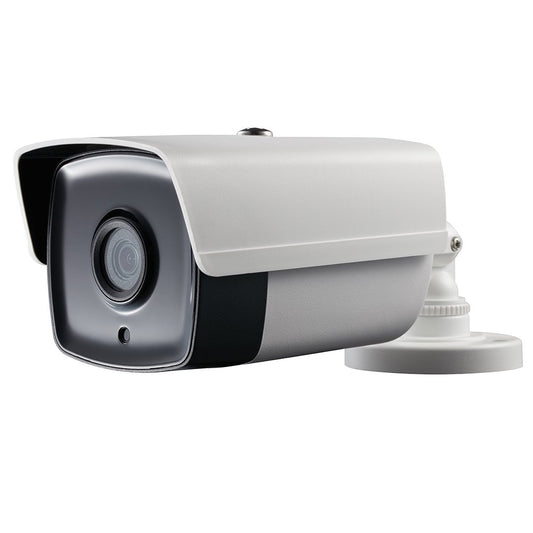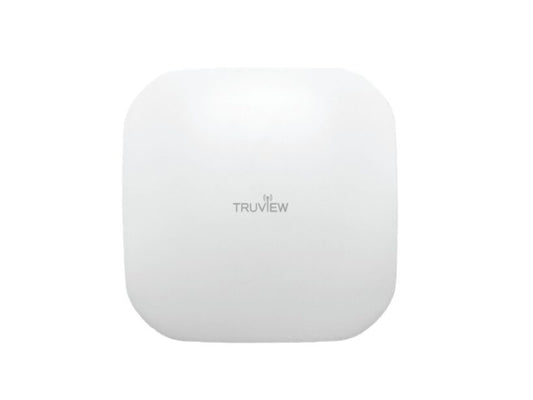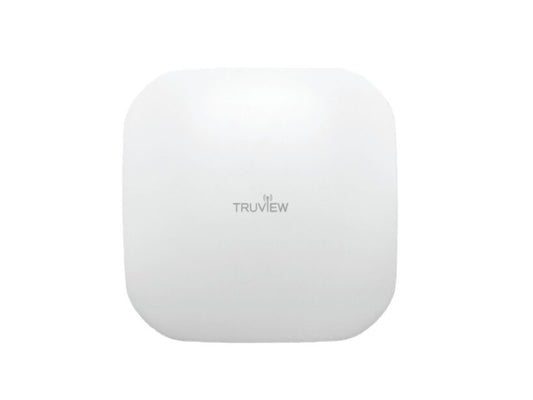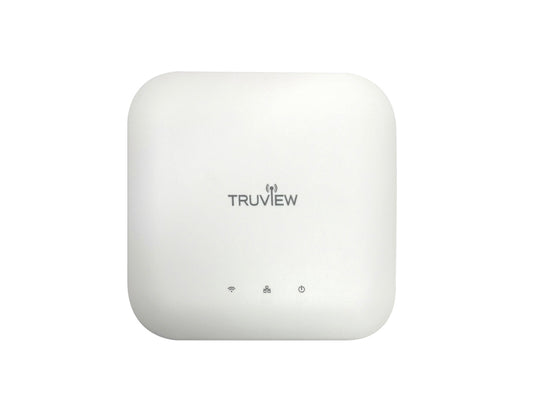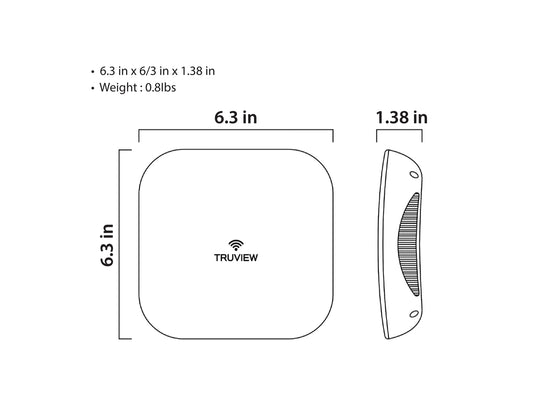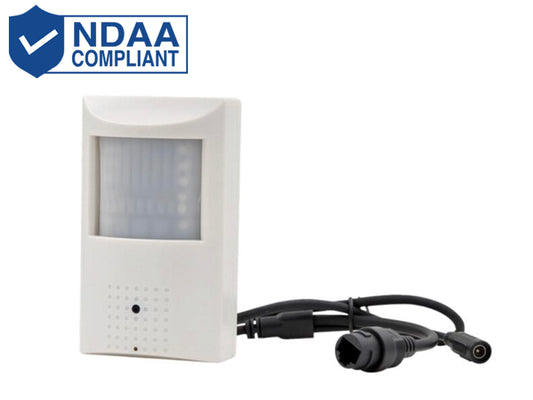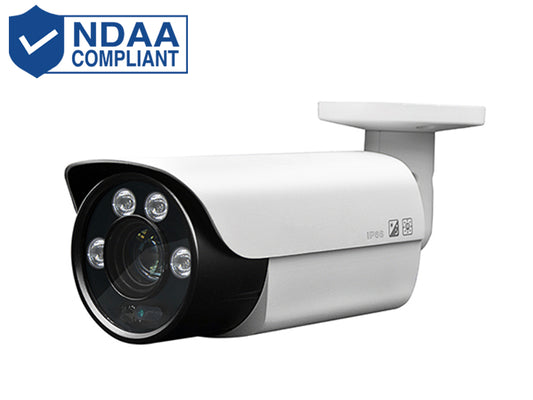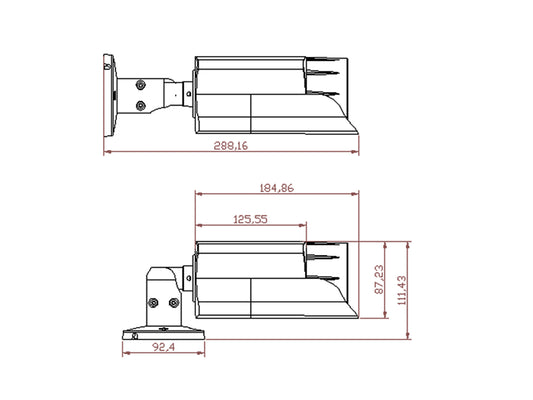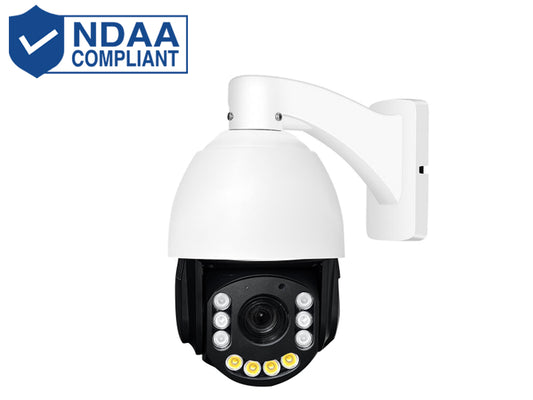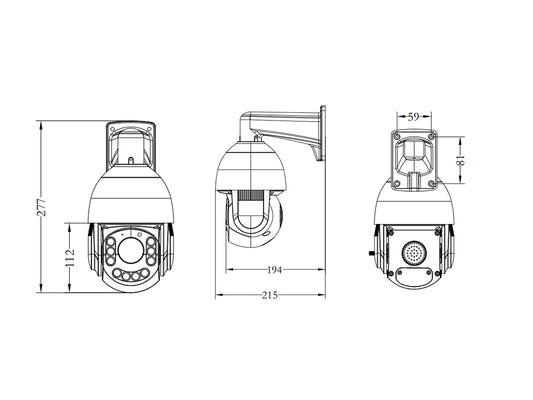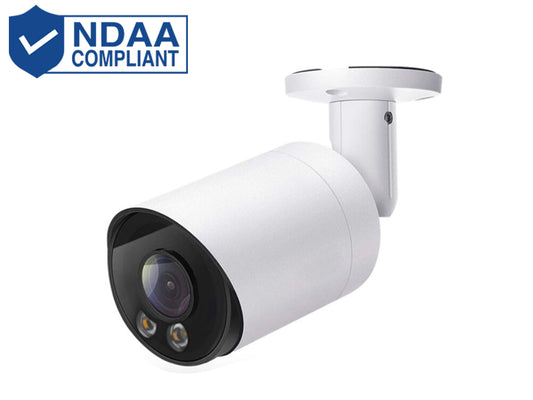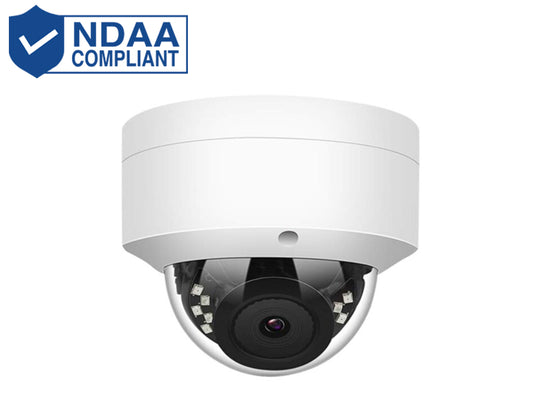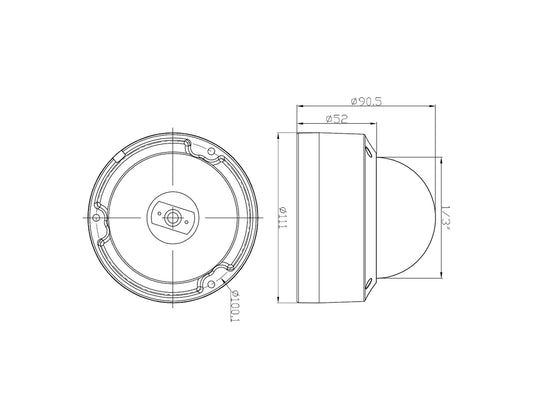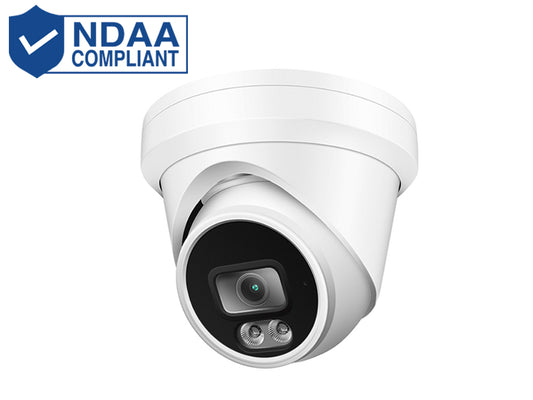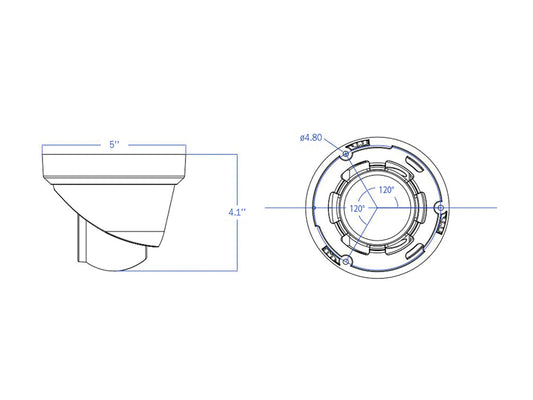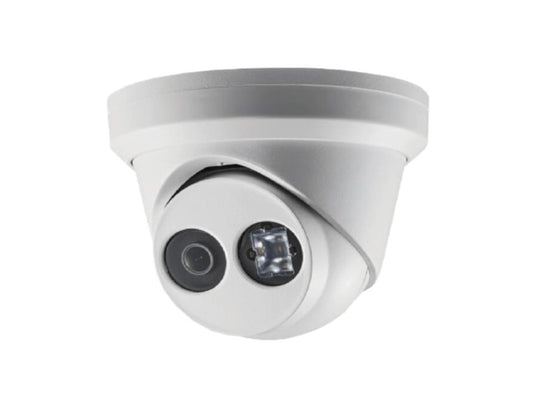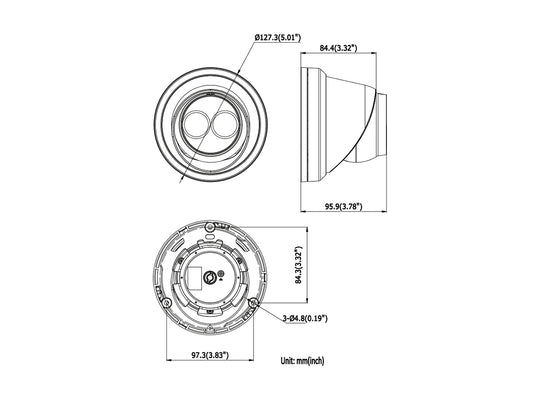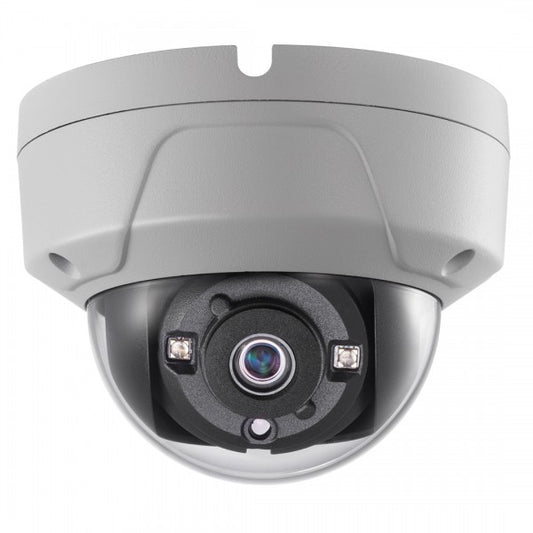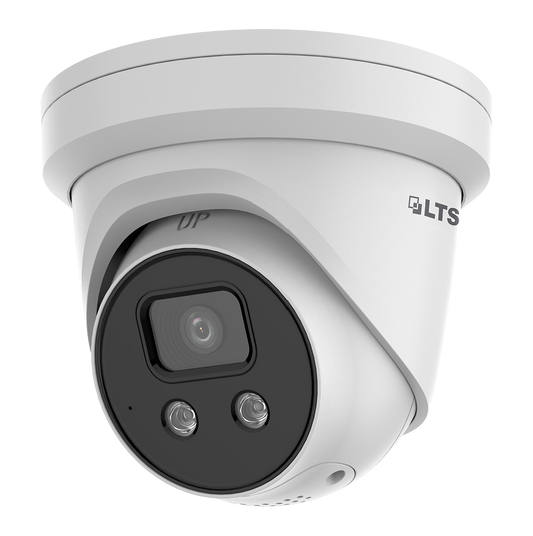Collection: NETWORK IP Cameras
An Internet Protocol Camera, commonly referred to as an IP camera, is a digital video camera much like a webcam, which transmits and receives data over a network or the internet. Unlike an ordinary webcam it is a standalone unit with its own IP address that requires nothing more than a network connection in order to transfer images. The IP camera connects to a network in exactly the same way as any other standard network device such as a laptop, tablet or printer.
How does an IP Camera Work?
IP cameras capture images in much the same way as a digital camera, and compress the files to transmit over the network. IP cameras may be used with a wired network connected via ethernet cable to a broadband modem or router, or wirelessly via a WiFi router.
How do I set up an IP Camera?
Setting up an IP Camera is relatively simple, requiring nothing more than a network connection and a little patience to site and configure the camera. The majority of IP Cameras on the market can be configured to provide live viewing, continuous recording, operate at a scheduled time or be triggered by a specific event.
What are the benefits of an IP Camera?
The images captured by an IP camera may be viewed from anywhere in the world via the internet, whether via pc, laptop or mobile phone. In many cases, as well as being able to view video footage and listen to audio streaming, the camera may also be controlled remotely.
IP Cameras are a versatile security solution, requiring nothing more than a network connection. There is no need for co axial cables, a computer station or even wired electricity. They can be used as a temporary or permanent solution, and relocated as and when required.
IP cameras are available for both indoor and outdoor use, with both day and night functionality, and with the ability to pan or zoom either remotely or via operator command. Whether you require overt or covert security, there is an IP camera to suit.
